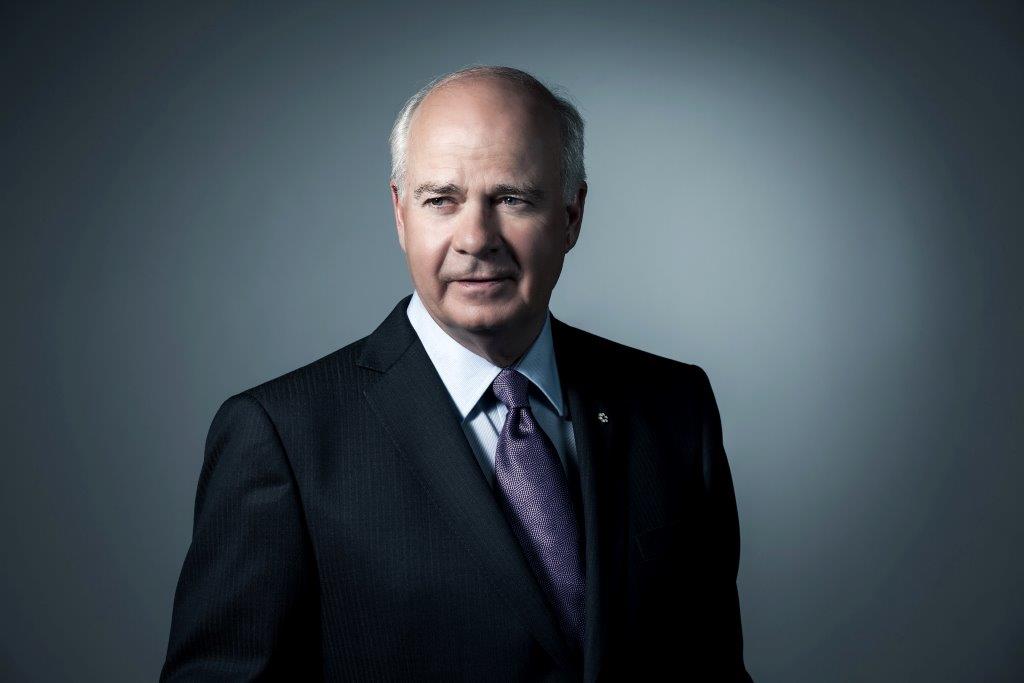The Canadian Broadcasting Corporation (CBC) has been forced by growing public criticism into prohibiting its on-air employees from giving speeches — that sometimes netted thousands of dollars per appearance — to corporations and industry groups.
The directive in January came almost a year after it was reported that Peter Mansbridge, CBC’s chief correspondent and host of The National, gave a paid speech to the Canadian Association of Petroleum Producers in 2012. Mansbridge later indicated that he gives about 20 speeches each year, both paid and unpaid. It was also reported that Rex Murphy, who provides commentaries on The National and who hosts CBC Radio’s Cross Country Checkup, has given numerous paid speeches to oil industry groups. In those same speeches, Murphy regularly praises the industry while criticizing environmental organizations. And in late 2014, more controversy arose over paid appearances by Amanda Lang for Manulife and Sun Life Financial. Those companies are covered by Lang, the CBC’s chief business correspondent.
Modifying the policy
The CBC’s managers initially defended their journalists and expressed “disappointment” that anyone would call their integrity into question. Murphy even used his column in the National Post to say, “It’s an empty, insulting slur against my reputation as a journalist.” Lang used her Twitter account to defend herself, too, writing that, “The haters hate.”
In April 2014, shortly after the initial controversy, CBC management decided to modify its policy somewhat. They promised to publish on a CBC website all of the paid and unpaid appearances made by its reporters and hosts. The corporation also said it would “reject requests from companies, political parties or other groups, which make a significant effort to lobby or otherwise influence public policy, even if the speech or event seems innocuous.”
Flaunting the policy
Frank Koller, a former CBC journalist and foreign correspondent, used his blog to follow the controversy, and in late 2014, initiated a series of exchanges with CBC management and the broadcaster’s ombudsman. Koller said that some of the CBC’s most prominent journalists had flaunted the policy announced in April and that management allowed them to do it. He listed a number of companies and organizations who are registered as lobbyists with the government of Canada, but for whom prominent CBC journalists had recently made paid appearances.
Then on January 22, the CBC finally announced its ban on all outside paid appearances by on-air employees. The new policy does not cover people such as Rex Murphy, who the CBC contracts as a freelancer and oddly it does not cover off camera people such as the executive producers of programs.
The central question
It is worth noting that CBC is not the only organization whose journalists who speak for money. As well, other media reporting on the CBC controversy are among the corporation’s news competitors and may revel in the CBC’s problems. In some cases there may also be petty personal jealousies at play.
Still, the central question remains. Is it ethical for any journalist to accept money for speeches and appearances from organizations on which they report, and who in many cases lobby governments in attempt to influence public policy? In addition, the CBC is paid for by taxpayers and has provided its journalists with training, experience, credibility and, in some cases, a certain celebrity status. So is it right for those individuals to use that public investment in them for their own private gain?
Journalists have a precious role to play in providing us with news and information in a way that we can trust as unblemished. If they want to accept unpaid engagements for community or non-profit groups cleared by their employers as a public service, they are free to do so. But they should not accept money from the organizations they cover — period.
This piece appeared in a slightly briefer version on my United Church Observer blog on January 29, 2015.



